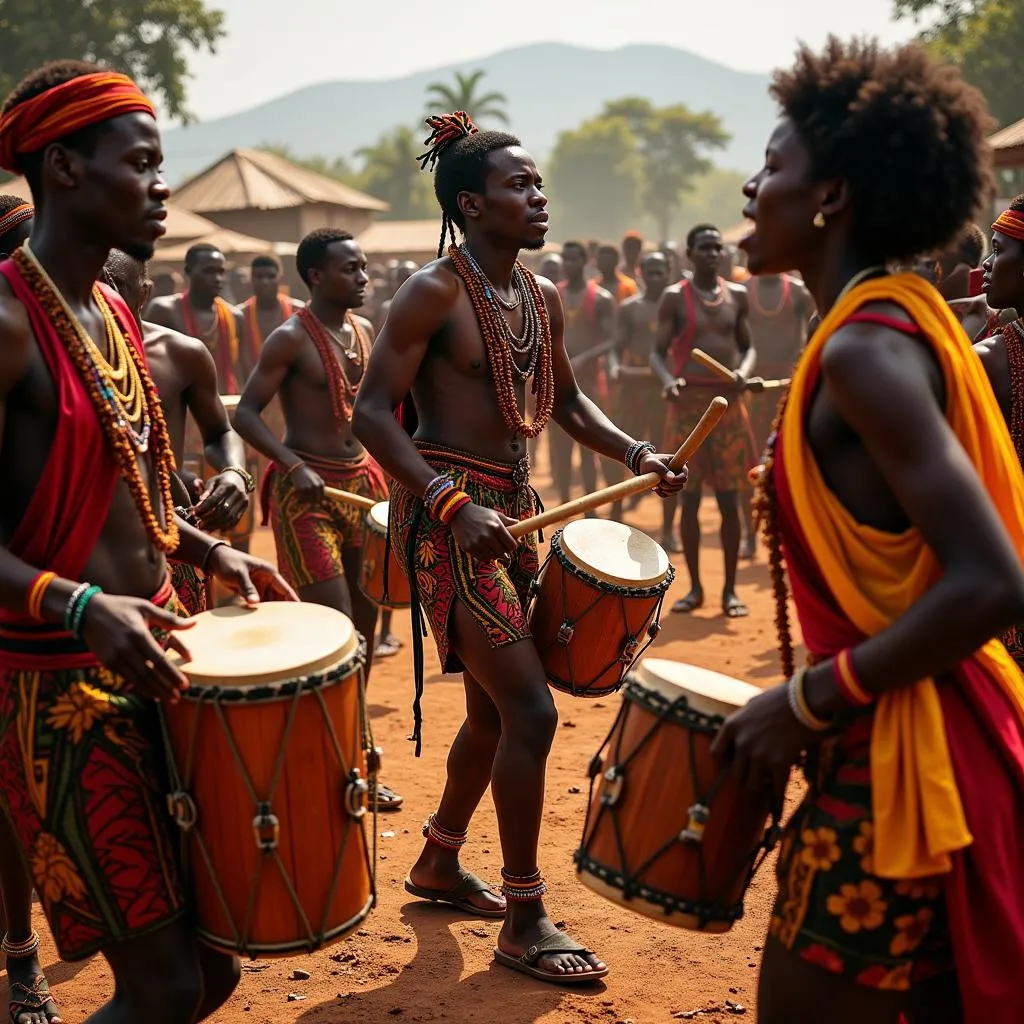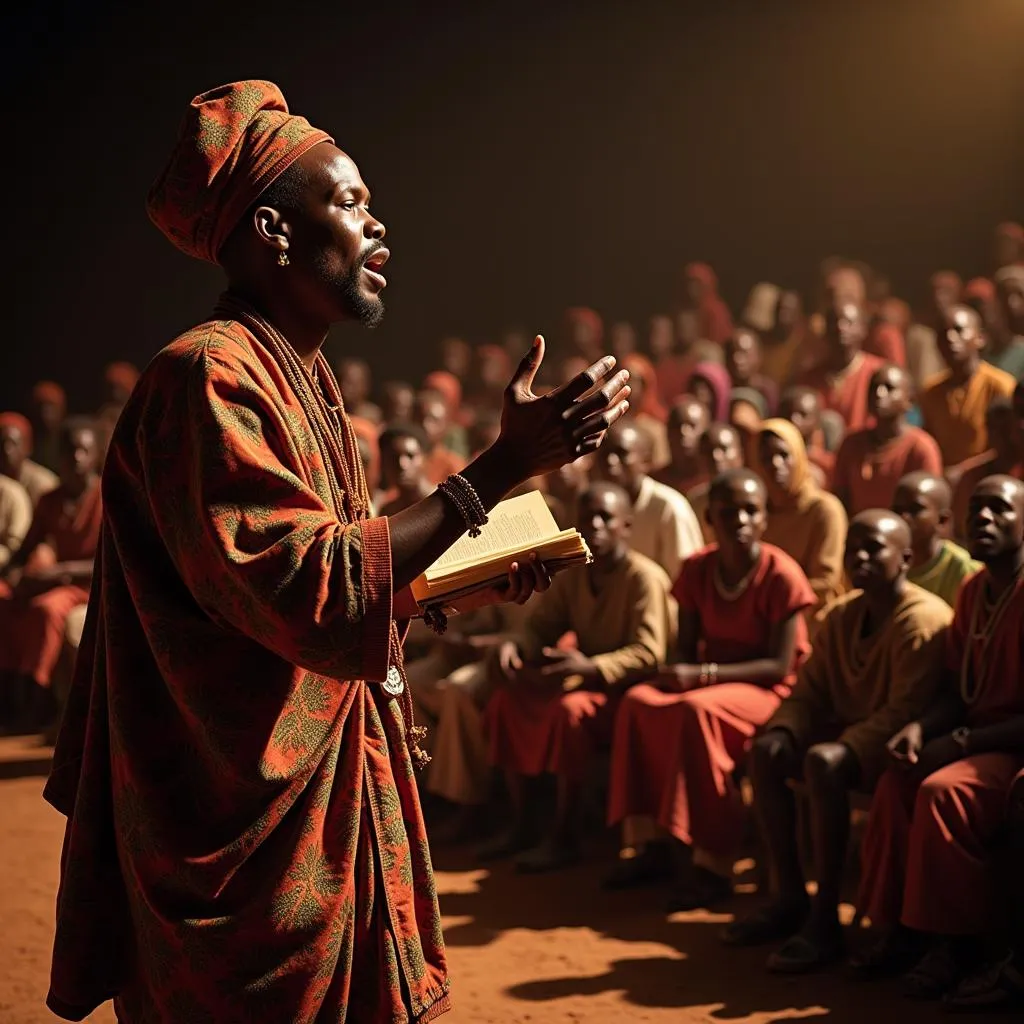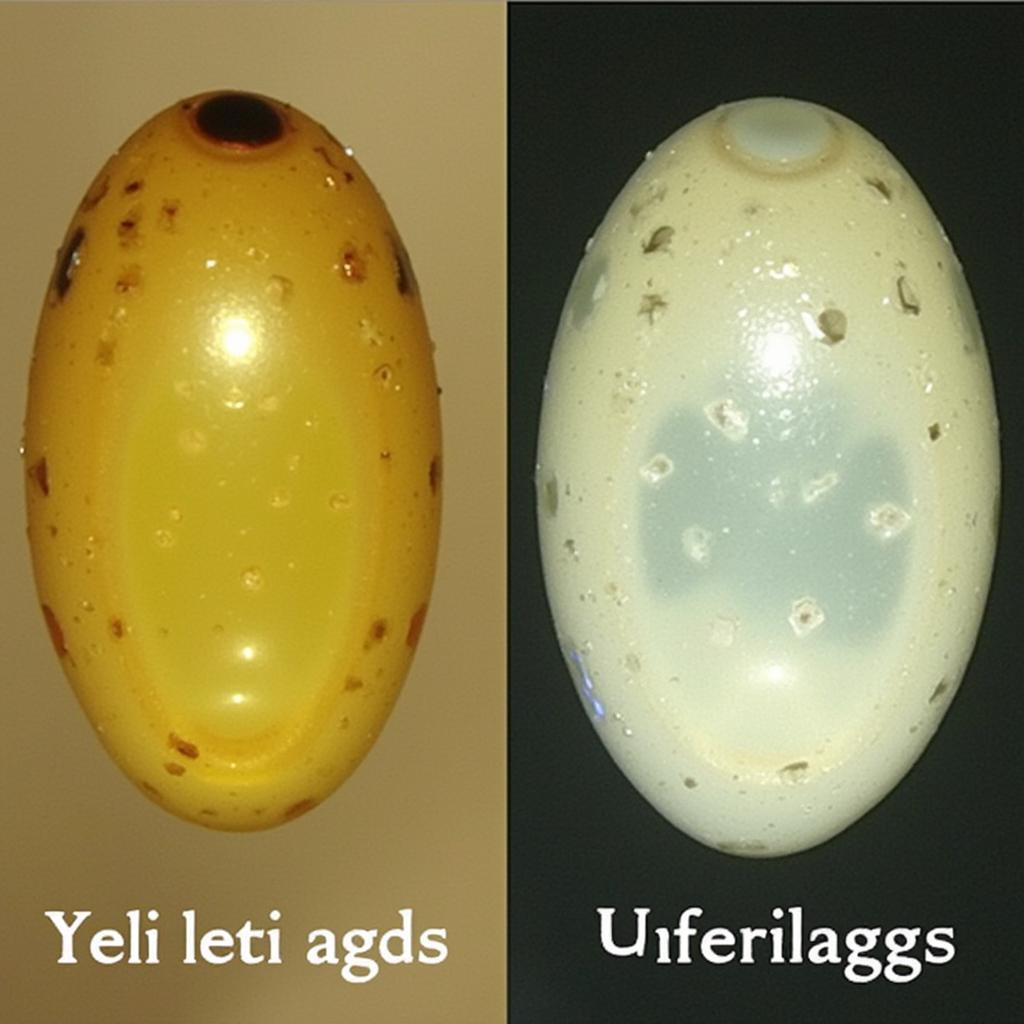Exploring the Rich Tapestry of African Life: Culture, History, and Beyond
African culture is vibrant and diverse, shaped by thousands of years of history, tradition, and artistic expression. This vast continent is home to a multitude of ethnic groups, each with their unique languages, beliefs, customs, and art forms. From the rhythmic beats of West African drumming to the intricate beadwork of the Maasai people, African culture is a captivating journey for those willing to explore its depth and beauty.
 West African drumming ceremony
West African drumming ceremony
The Power of Storytelling in African Culture
Storytelling plays a vital role in preserving and transmitting African history and values across generations. Griots, the esteemed storytellers and historians of West Africa, carry the weight of ancestral knowledge, passing down epics, genealogies, and moral lessons through captivating narratives. These oral traditions serve as a living link to the past, reminding communities of their shared heritage and the importance of upholding cultural values.
 African griot sharing stories with a captivated audience
African griot sharing stories with a captivated audience
The Diversity of African Art and Music
African art transcends mere aesthetics; it embodies spirituality, social commentary, and historical narratives. From the intricate wood carvings of the Yoruba people to the vibrant Ndebele house paintings of South Africa, each artistic expression reflects the unique worldview and cultural beliefs of its creators.
African music, known for its infectious rhythms and soul-stirring melodies, is an integral part of everyday life. Whether it’s the celebratory rhythms of the mbalax in Senegal or the polyrhythmic complexities of Congolese soukous, music serves as a unifying force, bringing people together to celebrate, mourn, and connect with their cultural identity.
Exploring the Flavors of African Cuisine
African cuisine is as diverse as its people and geography. From the fragrant tagines of North Africa to the spicy jollof rice of West Africa, each region boasts a unique culinary heritage. Staple foods like cassava, plantains, and maize are incorporated into a variety of dishes, often accompanied by flavorful stews, soups, and grilled meats. Spices like turmeric, ginger, and chili peppers add depth and complexity to the flavors, creating a culinary experience that is both satisfying and adventurous.
Respect and Understanding: Keys to Appreciating African Culture
To truly appreciate African culture, it is essential to approach it with respect, sensitivity, and a willingness to learn. Engaging with local communities, listening to their stories, and supporting local artisans and initiatives are all ways to foster genuine cultural exchange and understanding.
Remember, Africa is not a monolith but a continent teeming with diverse cultures, each with its unique beauty, traditions, and stories waiting to be discovered.



